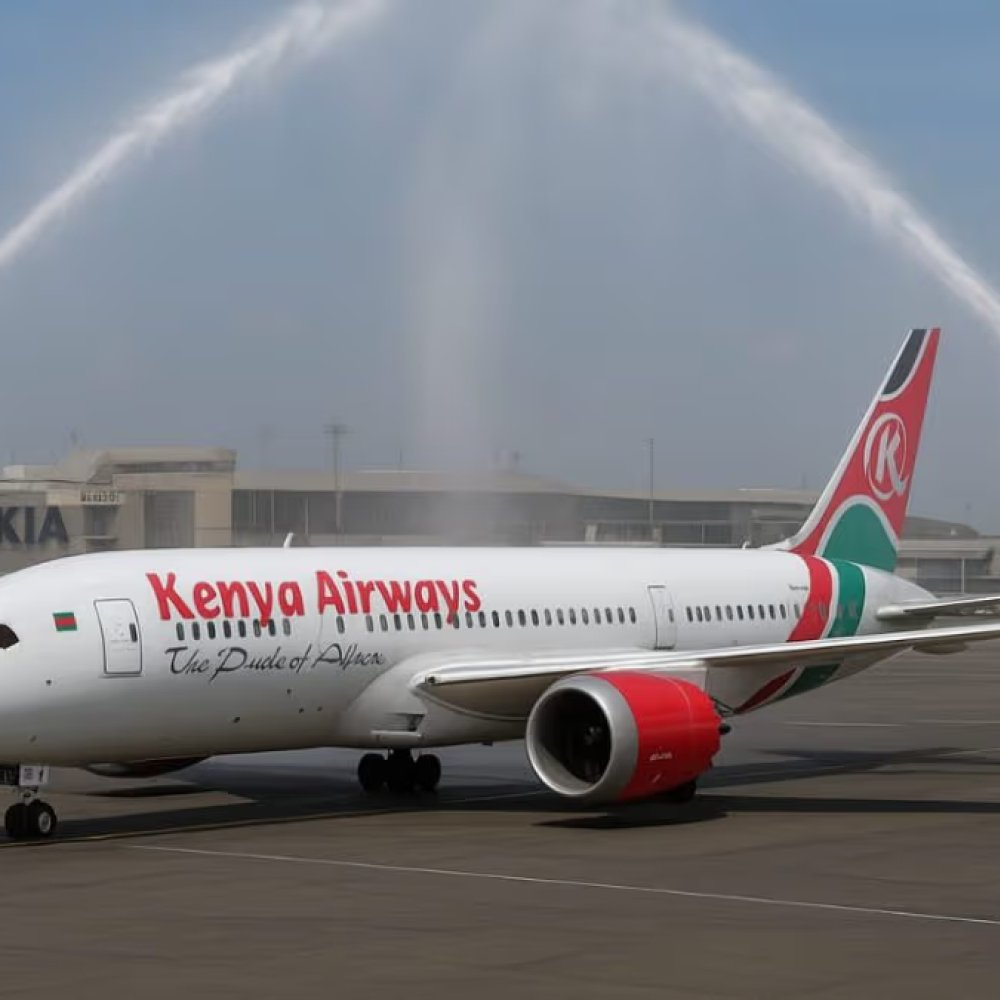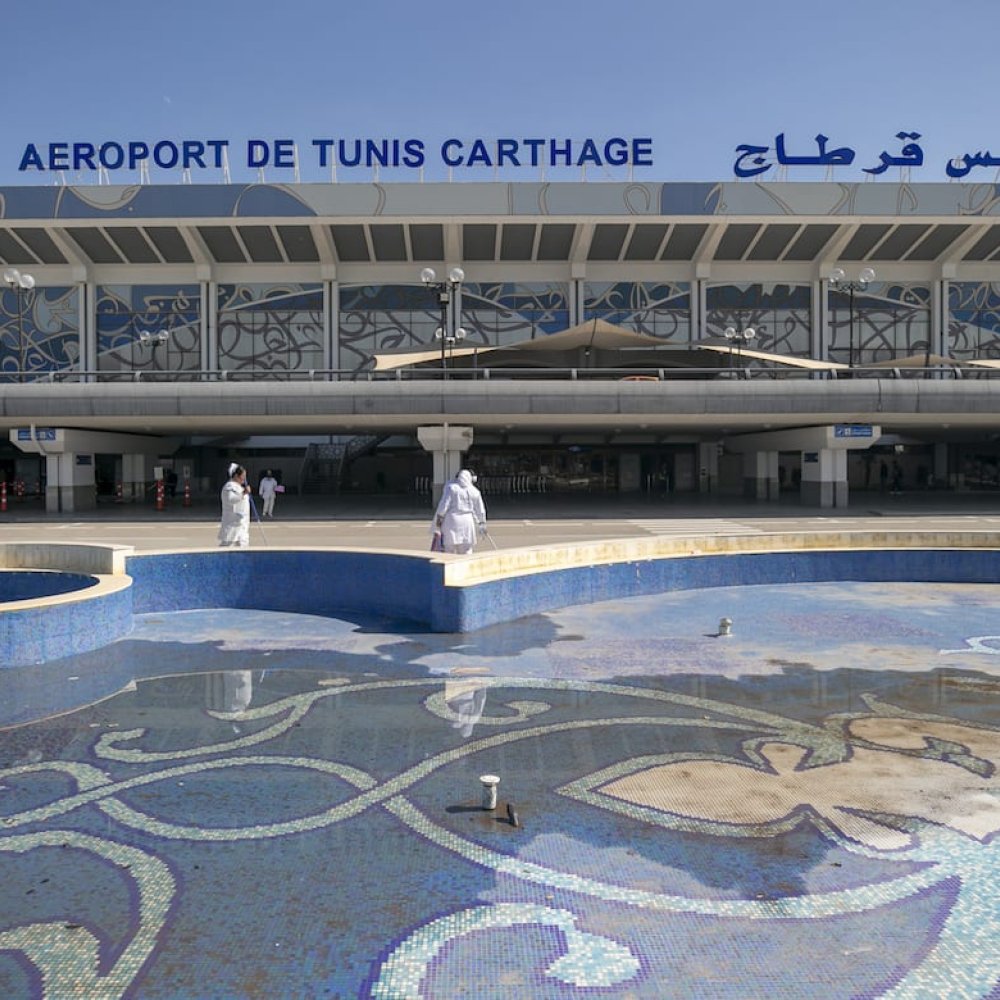Imagine you’re standing on the sleek concourse of Cape Town International Airport, the air buzzing with a blend of eager travellers and the smell of fresh coffee. You just arrived or you're about to embark on your journey – but now, a vital question bubbles up: how do you get here without hassle or unexpected costs? When I last landed at Cape Town Airport, ZA, I was determined not to fall into the usual traps of taxis that cost a fortune or buses that ran at inconvenient hours. Planning your airport transfer might seem tedious, but it’s the key to a smooth start or end to your trip. Whether you’re looking for a quick taxi ride, an economical bus trip, or the novelty of a rail journey, this guide is tailored to help you navigate the options confidently and save money while doing so.

Why Plan Your Airport Transfer?
When it’s time to fly, managing your trip to or from Cape Town Airport, ZA, can be more stressful than the flight itself if you’re unprepared. You want to avoid last-minute scrambles, long waits, and unexpected surcharges. Planning your airport transfer helps you sidestep these pitfalls. It saves you money by comparing fares, helps you dodge peak-hour traffic, and ensures your arrival or departure is punctual.
Beyond practical concerns, careful planning sets your mind at ease. You know exactly where to wait or how to book your trip, avoiding any local confusion about routes or payment types. For first-timers and repeat visitors, knowing your transport options from Cape Town’s airport hub is a game changer: you stay comfortable, keep your luggage safe, and often discover surprisingly quick or scenic journeys you might have missed otherwise.
Plus, having scoped out taxi to Cape Town Airport, ZA prices and the schedules for bus to Cape Town Airport, ZA, you can tailor your trip according to your budget and timetable. This means more time to enjoy your visit or relax before your flight. So, before you zip up your suitcase, crack on with your transport choices - it’s as important as your boarding pass.
Price & Time Grid: Your Options at a Glance
| Mode | Single Fare (ZAR) | Return Fare (ZAR) | Journey Time | First / Last Service | Night Surcharge? |
|---|---|---|---|---|---|
| Taxi | 350–450 | 700–900 | 25–40 mins | All day | Likely (20%+) |
| Rideshare | 200–350 | 400–700 | 25–45 mins | 5:00 - 23:30 | Variable |
| Rail (Metrorail) | 40–50 | 80–100 | 50–75 mins | 06:00 - 19:00 | No |
| Express Bus (MyCiTi Shuttle) | 75 | 150 | 30–40 mins | 05:00 - 22:00 | No |
| Local Bus | 15–25 | 30–50 | 60–90 mins | 06:00 - 18:00 | Depends on operator |
The variety of options means there is something for every traveller’s needs and budget. Taxis and rideshares offer the quickest and most comfortable rides, though at higher cost and potential night surcharges. For budget-conscious or eco-minded travellers, the Metrorail and MyCiTi Express buses are reliable alternatives, with predictable schedules and decent journey times. Local buses are the cheapest but require patience and a keen eye for timetables. Keep this table handy as you decide how to get to Cape Town Airport, ZA.
Step-by-Step Guide for Each Mode
Taxi
- Book in advance via your hotel, an official taxi company, or airport taxi ranks to avoid unregulated drivers.
- Confirm the fare estimate upfront; expect to pay around ZAR 350–450 (may increase during night hours).
- Check your luggage fits comfortably in the taxi boot to avoid extra charges.
- Settle payment in cash or card; always get a receipt.
- Allow ample time for journeys between 25 and 40 minutes depending on traffic, especially during rush hour.
Rideshare
- Download preferred apps like Bolt or Uber and create an account with payment details.
- Enter your pickup point and destination as Cape Town Airport, ZA.
- Compare ride options (standard, premium) and estimated fares before confirming.
- Meet your driver at designated rideshare pickup zones noted in the app.
- Tip your driver optionally and rate your ride to help maintain quality.
Rail
- Check Metrorail schedules online or at stations; service runs from central Cape Town stations to the Airport Station.
- Purchase tickets at the station or via prepaid cards for convenience.
- Board the train heading towards the airport; signs and staff are helpful if unsure.
- The trip takes around 50–75 minutes; be alert to station stops and train condition.
- Exit at the Aviation Junction stop, then take a short shuttle bus or taxi to the terminals.
Bus
- Identify the best bus line for your location; MyCiTi operates an express shuttle with extended hours.
- Buy a MyCiTi card or tickets at kiosks; local buses might require cash payment exact fare.
- Check the timetable; board at designated stops and ensure your luggage is secure onboard.
- The journey time varies between 30 to 90 minutes depending on express or local service.
- Arrive at the airport bus terminal stop which links directly to the Departure halls.
Returning a Rental Car
- Top up your fuel tank at the nearest petrol station - failing to do so may incur steep fees (Hertz, March 2025).
- Follow clear brown and blue airport signage directing to rental returns in the airport loop.
- Park the vehicle in the designated rental car drop-off zone as instructed by staff or signage.
- Complete paperwork with the rental office; keep copies of all documents and receipts.
- If returning after hours, locate and use the secure drop-box facility for keys and documents.
- Use shuttle services from the rental return area to the Departures terminal - shuttle frequency is about every 10 minutes.
- Confirm shuttle stops and times to avoid delays, particularly during early or late hours.
Money-Saving Hacks
- Book rideshare trips during off-peak times to avoid surge pricing, which can double fares.
- Purchase MyCiTi bus cards for discounted multiple rides rather than paying single fares every time.
- Share taxis or rideshares with fellow travellers when possible to split costs.
- Use rail travel when your schedule allows for a scenic, budget-friendly option at under ZAR 50.
- Keep small denominations of cash for local buses that often reject card payments.
Peak-Hour vs Off-Peak Travel Times
Cape Town’s traffic peaks sharply during weekday mornings (07:00–09:00) and evenings (16:30–19:00), which can virtually double taxi and rideshare journey times to the airport. If you’re catching an early morning or late-night flight, you’ll likely avoid this congestion, making your trip quicker and less stressful.
Off-peak travel not only speeds up your journey but reduces surcharges - rideshare apps and taxis frequently impose a night surcharge of 20% or more from 22:00 to 05:00. Early planners are rewarded with better fares, less wait time, and the option to take buses or trains operating mostly during daytime hours.

Accessibility & Luggage Factors
Cape Town Airport, ZA is well-equipped for travellers with reduced mobility, featuring ramps, elevators, and priority queues. When considering how to get to Cape Town Airport, ZA with accessibility needs, taxis and rideshares with larger vehicles or wheelchair access are advisable.
The airport’s MyCiTi bus and rail services also cater to wheelchairs, but space can be limited, so advanced notice may help. Handling luggage varies widely: buses can be cramped during peak hours making it tough with big bags, whereas taxis and rideshares usually offer ample boot space for multiple bags, albeit with possible extras for oversized items.
Carbon-Smart Alternatives
If you’d like to reduce your environmental footprint on your journey to Cape Town Airport, consider shared shuttles that pool passengers heading the same way. These are often booked via hotels or local operators and combine cost-efficiency with fewer emissions per traveller.
Cape Town’s growing bike-and-ride schemes offer an adventurous way to the airport if you’re light on luggage and in good shape. Parking your bike at secure racks near public transport hubs lets you combine cycling with a bus or train ride.
Park-and-ride options located in the city outskirts encourage drivers to leave private cars there and take eco-conscious public transport for the last leg, easing congestion and emissions around the airport.
Sample 08:00 Flight Timeline
- T-12 hours: Finalise transport booking to Cape Town Airport, ZA; check traffic predictions.
- T-4 hours: Pack bags and confirm pick-up time for taxi, rideshare, or bus ticket validity.
- T-2 hours: Leave hotel or residence, accounting for journey time plus 30 minutes buffer.
- T-0: Arrive at Cape Town Airport terminal, ready for check-in and security.
Hidden Pitfalls & Local Quirks
While Cape Town is generally traveller-friendly, a few local quirks can trip you up if you’re not prepared:
- Strike days among taxi or bus drivers occasionally disrupt services with little notice; always check news or hotel alerts.
- Some local buses are cash-only, with no card facilities, so carry the exact fare to avoid missing your ride.
- Although motorway tolls are rare around the airport, if you hire a car, be aware that some routes have toll charges payable electronically or in cash.
Eight Mistakes Travellers Make
- Failing to check schedules and missing the last train or bus service to the airport.
- Not pre-booking rideshares or taxis, leading to inflated prices or long waits at peak times.
- Ignoring the night surcharge on taxis and rideshares, which can surprise your budget.
- Underestimating journey times during rush hour, causing missed flights.
- Not topping up rental car fuel before return, leading to hefty penalties.
- Overpacking without considering luggage space in taxis or buses.
- Forgetting to carry small change for local buses.
- Not allowing extra time when relying on public transport with possible delays.
Frequently Asked Questions
What’s the cheapest way to get to Cape Town Airport, ZA from the city centre?
Local buses and the Metrorail train offer the lowest fares, often under ZAR 50. However, these modes take longer and may be less convenient with luggage.
Are rideshares reliable and safe for airport journeys?
Yes. Services like Bolt and Uber are popular in Cape Town and provide transparent pricing, driver ratings, and convenient bookings, making rideshares a safe, flexible option.
How early should I leave Cape Town city centre to catch a 08:00 flight?
Leaving by 05:30–06:00 is wise, accounting for journey time plus airport check-in and security procedures, especially during peak traffic.
Can I use my credit card on all transport modes to Cape Town Airport, ZA?
Not always. Taxis and rideshares accept cards widely. Buses often prefer MyCiTi cards or cash, and local buses may only accept cash, so carrying some cash is advisable.
Call to Action
Now that you’re armed with everything about how to get to Cape Town Airport, ZA, which option suits your style and budget? Feel free to share your experiences or ask questions in the comments below. Don’t forget to subscribe for more insider travel tips that keep your journeys smooth and smart.





